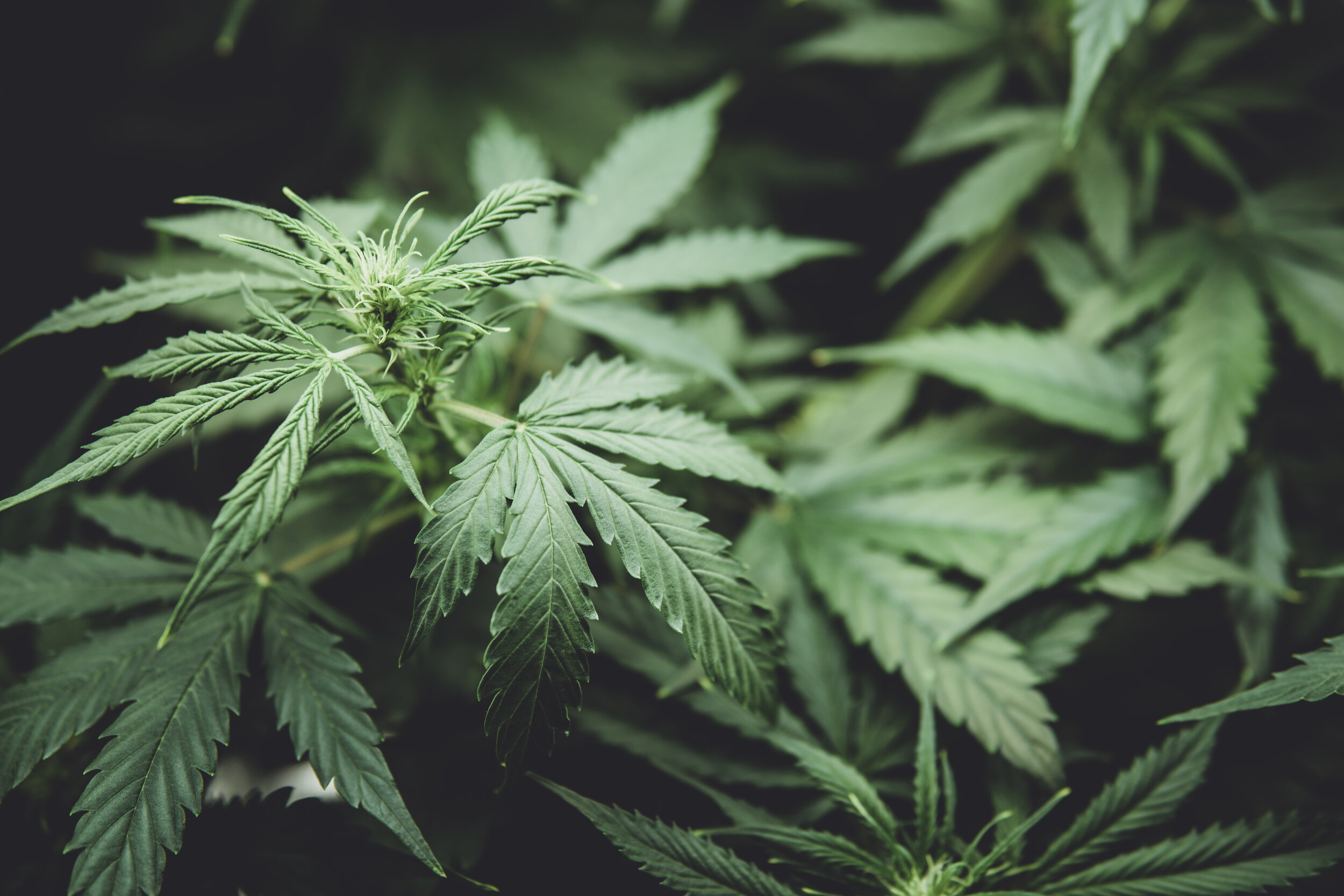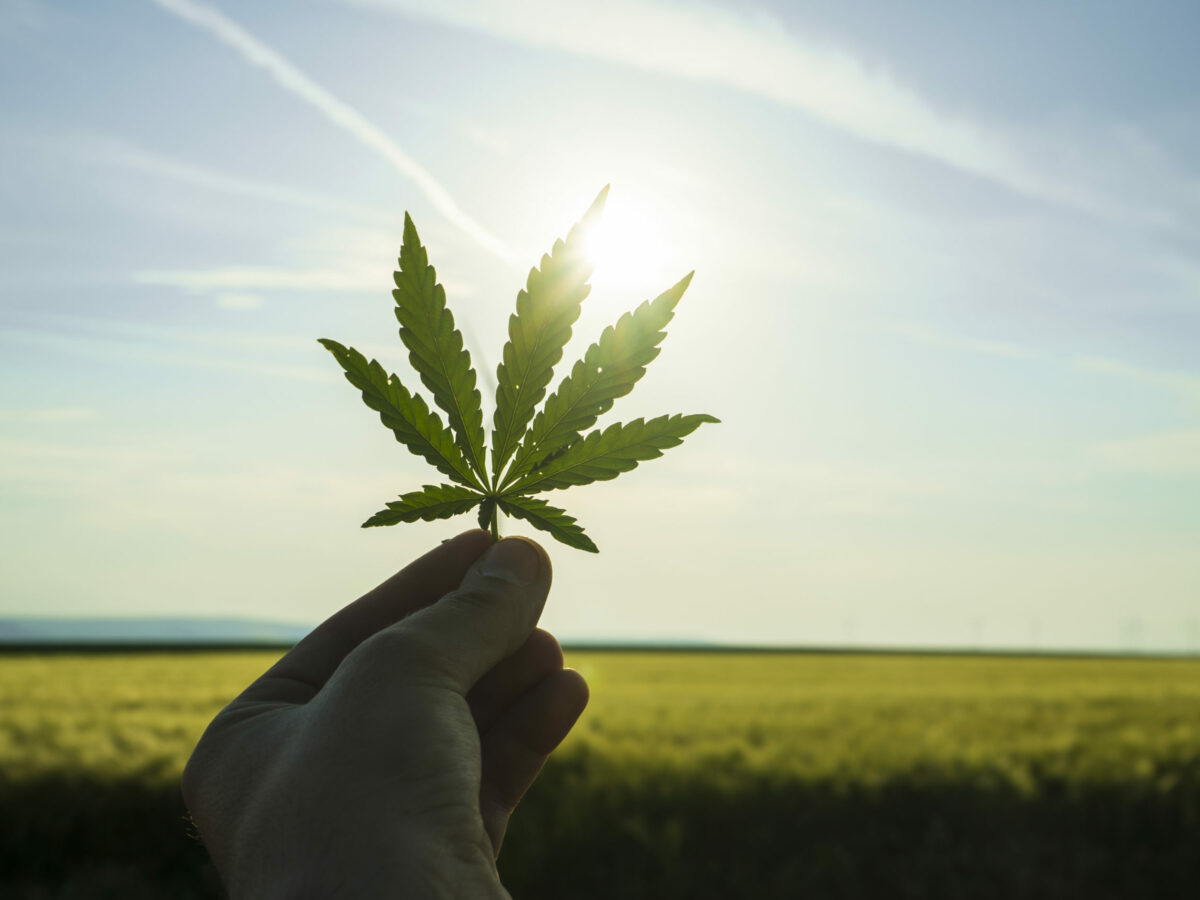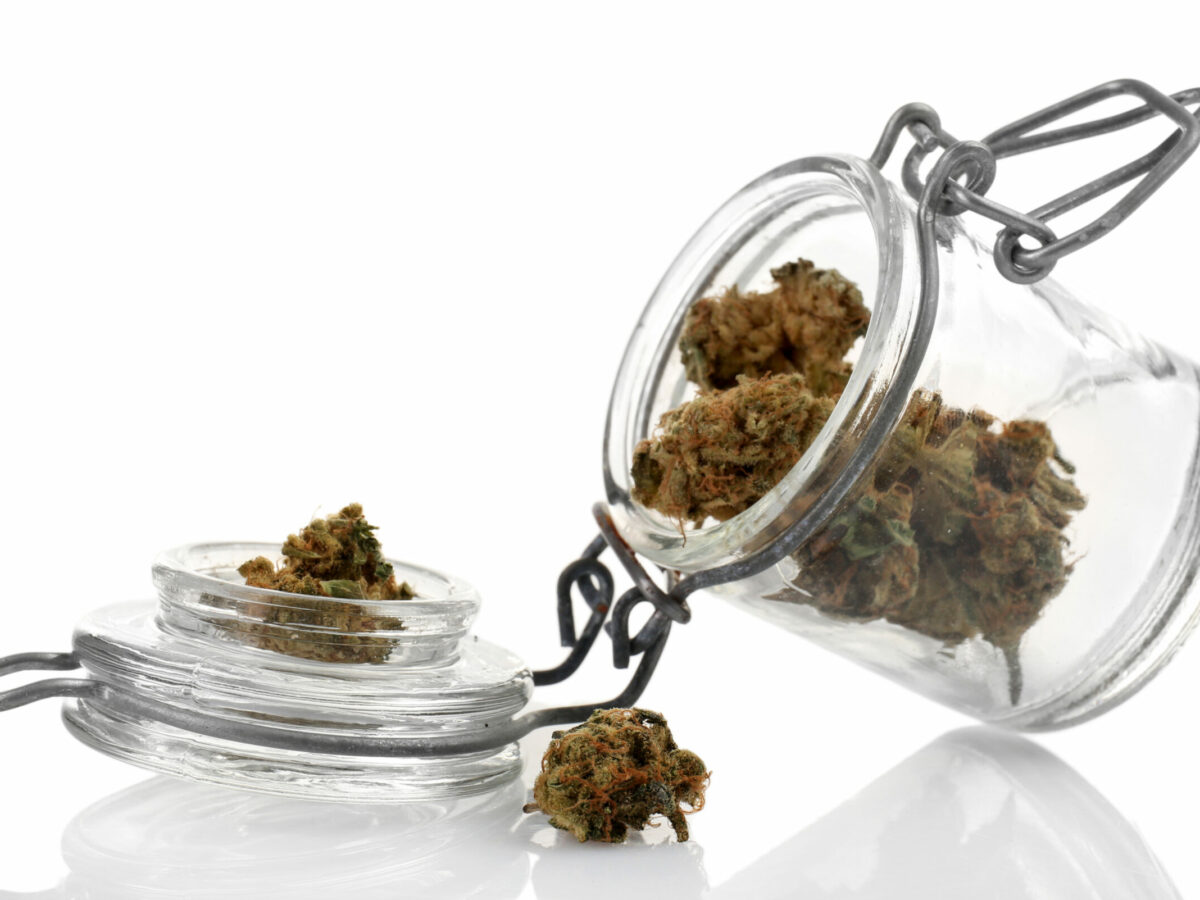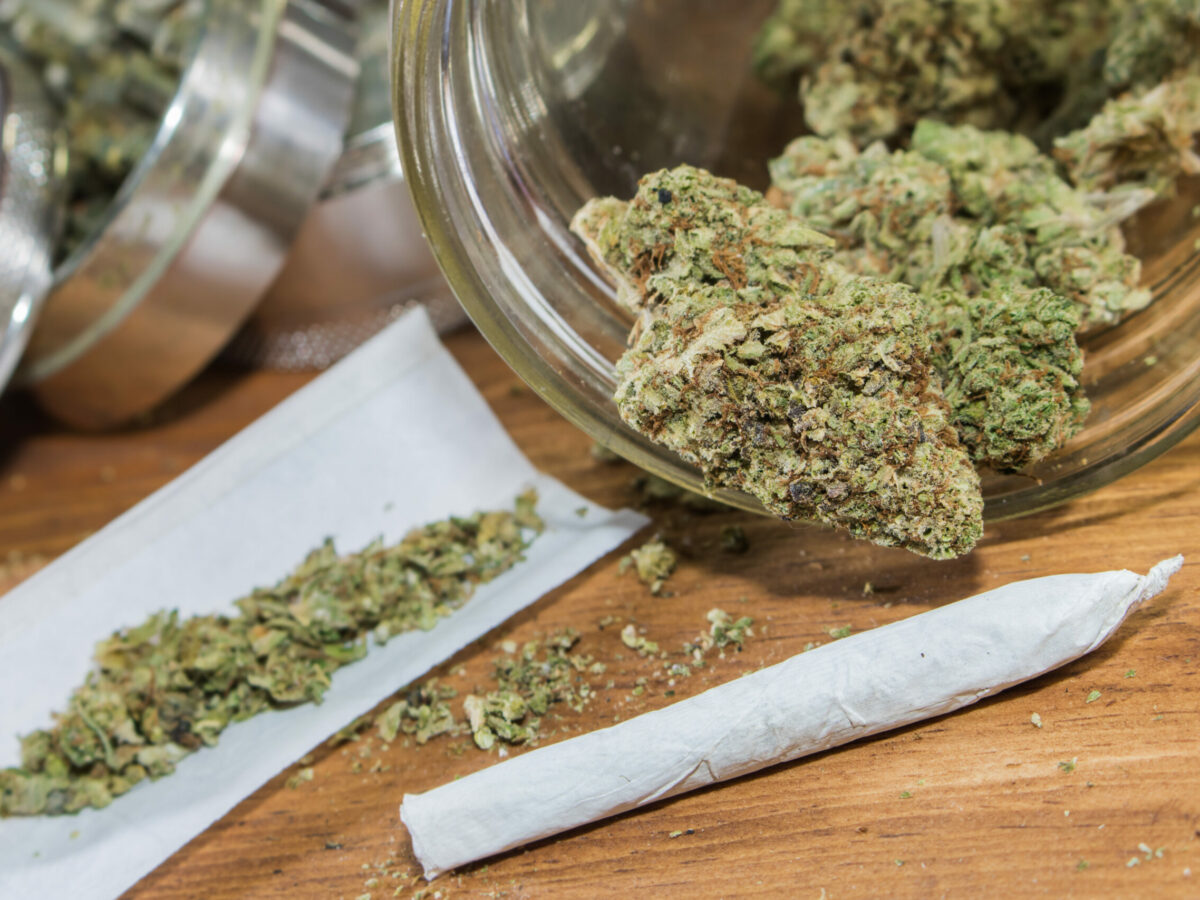You’ve heard of it. You’ve read about it. Maybe you’ve even tried it. But what is Delta-8 THC?
To me, it sounds like a screwed-up science experiment, as if the CIA was genetically engineering THC and one control group was called Delta-8. Maybe that’s just my sci-fi nerd brain, but you have to admit it sounds like a pretty good plot for a Netflix series.
In all seriousness though, to understand Delta-8, you’ll need to understand cannabinoids—the chemical compounds of the cannabis plant that influence the body. Bear with me here.
For starters, there’s Delta-9 THC, the cannabinoid we all know and love because it gets us high. Then, there’s CBD or cannabidiol, the non-psychoactive compound found in CBD products.
And as it turns out, there’s another, less common cannabinoid called Delta-8.
As their names suggest, Delta-8 and Delta-9 are very similar compounds. Both have a psychoactive effect, though the high from Delta-8 is much milder. Some describe Delta-8’s effects as a middle ground between CBD and THC, which is why Delta-8 is popular among those wary of weed’s potency, but still curious about getting high.
The key difference between Delta-8 and Delta-9 is that the former is usually derived from the hemp plant, while the latter comes from the marijuana plant.
As you’ll remember, marijuana is still illegal under federal law. But because Delta-8 can be extracted from hemp, and contains less than 0.3% Delta-9 THC, it’s considered legal under the 2018 Farm Bill, just like CBD.
So when CBD companies got a whiff of Delta-8’s legality, they jumped at the opportunity to produce a more potent version of CBD that wouldn’t get them in trouble with the feds. At this point, Delta-8 is cheap and widely available. You’ll find it sitting next to CBD at smoke shops and dispensaries—even at gas stations.
But does that make it worth your money?
Well, consider this: Delta-8 doesn’t naturally occur in high quantities like Delta-9 does. It only accounts for 0.1% and 0.2% of each hemp plant, which means manufacturers have to extract it into a concentrate, only to re-apply it to other products.
Delta-8 “flower” is just CBD flower that has been sprayed with Delta-8 concentrate. Similarly, to make Delta-8 edibles, manufacturers mix that same concentrate with a solvent, like coconut oil. It’s the same idea for Delta-8 vaping oils and other products.
The relatively complicated extraction process is worth it for manufacturers because it allows them to sell a product that gets you higher than CBD without risking any issues with federal law enforcement.
It’s a weird loophole, but it works. For the most part.
As long as the Delta-8 you’re consuming is hemp derived, it’s federally legal. But some companies cut corners by manufacturing Delta-8 products that aren’t actually hemp-derived, and don’t fall within the legal 0.3% limit of Delta-9 THC. A recent study by Leafreport found that more than half of Delta-8 products have illegal levels of Delta-9 THC.
That uncertainty has sparked legal debates on the safety of Delta-8 THC, despite its hemp-related origins.
Some states have issued temporary bans on Delta-8. According to Daily CBD, the substance is currently prohibited in Alaska, Arizona, Arkansas, Colorado, Delaware, Kentucky, Idaho, Iowa, Mississippi, Montana, Rhode Island, Utah, Vermont, and Washington.
Other states are also considering bans and regulatory clarifications, including Alabama, Michigan, North Dakota, Oklahoma, and Oregon.
Even at the federal level, the legality of Delta-8 remains a complicated question.
Some experts have pointed out that while the 2018 Farm Bill legalized hemp, the Federal Analogue Act of 1986, which was meant to fight synthetic drugs, says that substances that are chemically and psychoactively similar to drugs prohibited by the Controlled Substances Act should be treated as illegal.
In the meantime, D.C. lawmakers have yet to take a stand on Delta-8, so stoners around the District shouldn’t have anything to fear from a legal standpoint. That being said, there are plenty of ways to purchase good old-fashioned Delta-9 cannabis in the District, from signing up for a medical cannabis card to walking into D.C.’s many gray-market dispensaries.
So if you ask me, you’re better off sticking to the classics on this one. It’s just not worth branching out.
Ask A Stoner is a weekly column that answers our readers’ most burning questions on the ever-shifting, oft-misunderstood world of cannabis in the D.C. region. You can submit your questions using this Google Form, or by messaging Jason, our stoner-in-residence, on Twitter.



